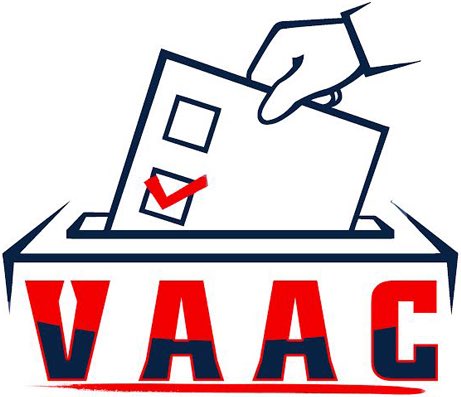Our goal is to educate people about Prison Gerrymandering and to end the practice in Michigan.
For the purposes of redistricting, Michigan counts incarcerated people at their place of confinement rather than in their home communities. This counting method is known as Prison Gerrymandering, and it distorts democracy. Prison gerrymandering siphons political power into less-populated rural areas where prisons are located, and away from the urban communities where people would return to.
Frequently Asked Questions
With prison gerrymandering, individuals in prison are counted as residents of their place of confinement rather than their home communities. Because incarcerated individuals are often bussed far away from home, this practice corrupts the population count of the districts and can result in unfair representation and political influence. By artificially inflating the populations of certain communities, prison gerrymandering gives true residents of prison districts greater political clout at the expense of everyone else. This is not only unfair, but goes against the fundamental notion that we all have an equal voice in government.
In Michigan, many prisons are located in rural areas, where the population is generally smaller. Incarcerated individuals in these prisons are disproportionately counted as residents of these districts, giving them more representation in government and voting. Because prisoners in Michigan cannot vote, their voice is effectively assigned to the local rural population. Most people in Michigan prisons come from urban areas and have a minority racial or ethnic identity. This means that communities of color are politically disadvantaged as voting power is transferred to rural white communities.
Learn More
- Watch the documentary Drawing the Line: Inside the Fight to End Prison Gerrymandering from Great Lakes Beacon which explains Prison Gerrymandering in Michigan and features several members of VAAC.
- For more information on prison gerrymandering, read the Prison Policy Initiative’s PRISON GERRYMANDERING PROJECT.
Take Action
- Contact your representative TODAY and urge them to bring SB 494 to a vote tomorrow (more information).
- Join our Prison Gerrymandering team, by Contacting VAAC.
See VAAC posts related to Ending Prison Gerrymandering
- Prison Gerrymandering in Michigan: Distorting Democracy
- Prison Gerrymandering: Contact Your State Representative Today
- Prison Policy Initiative: Local Governments and Prison Gerrymandering
- States were incredibly successful at reallocating incarcerated people to their home addresses in 2020: A review of the data
- Most incarcerated people will return home; the Census Bureau should count them there
- Minnesota ends prison gerrymandering
- Legislative Spotlight: SB494
- Prison Gerrymandering Bill Needs Support
- Support Needed to End Prison Gerrymandering
- Maine is Latest State to End Prison Gerrymandering
